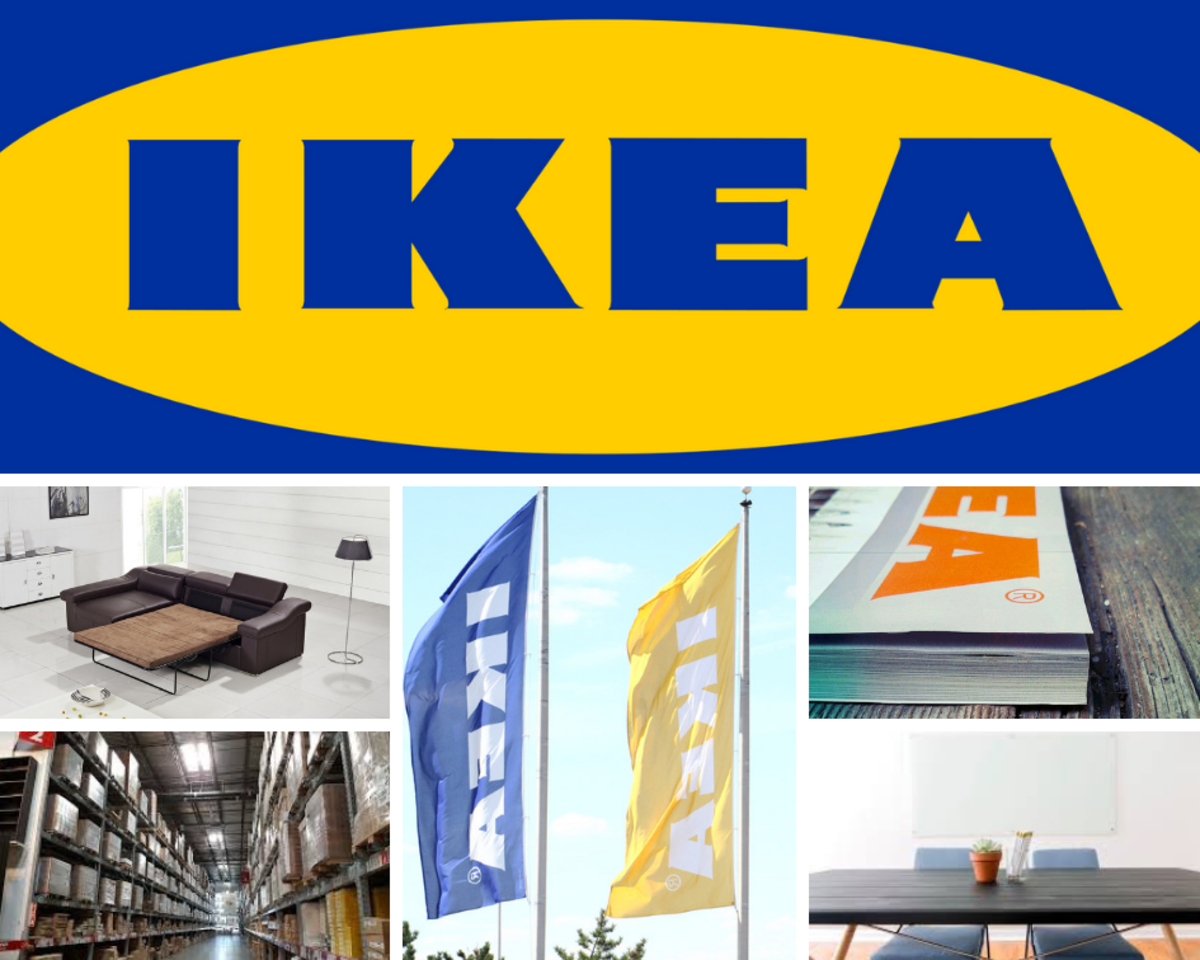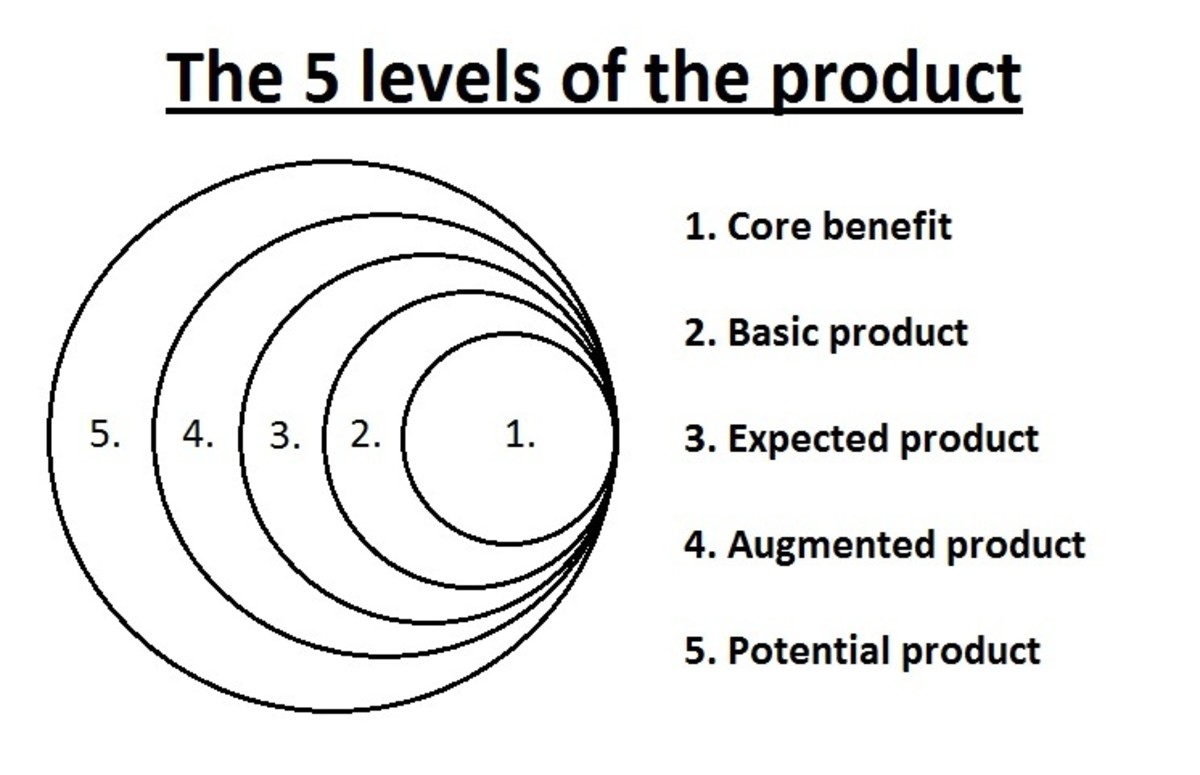Are Store Brands Worth It?

Mostly, no
Back in the day, I worked as Private Label Product Manager for a large Canadian paint manufacturer that has since moved its manufacturing to the United States. Actually, I was given the title Assistant Product Manager so that they didn't have to pay me more money. There was no actual Senior Product Manager. I handled 21 separate private labels. The product in the can was the same as the product in the National Brand line-up with basically three qualities being sold. Good. Better. Best. The raw materials determined the difference.
It did not make sense to produce unique formulae in smaller batches.
That's why the production moved to the U. S. The plants there had
excess capacity and bigger tanks. Doesn't really make sense when you
consider that shipping paint is expensive because it is relatively
heavy. It is also one of the reasons that you don't see much offshore
production of paints. Quality control would be another major
consideration. With one exception, all of the companies that bought the private label
paint are no longer in operation under the business name that was used
at that time.
But back to store brands of today which are really just Private Labels.
But they are different in today's world of bottom line business
management and quality be damned. From my experience in buying these
products from time to time, I have come to the following conclusions.
It isn't conclusive evidence. It is more a gut feel based on my
background in product management. I mostly buy name brand products now.
If the store brand is a liquid it will contain more water than the
National Brand, aka diluted. If the store brand is a food product it
will contain fewer ingredients that make the product taste better. If
the store brand is a powder, it will have cheap fillers added to it.
The label will have less useful information, be printed with fewer inks
and be less attractive.
All of the above techniques would allow the product to be sold for a
lower price while you would usually have to use more, like in the case
of shampoo or settle for a lesser product. So if you save 25% and use
33% more shampoo, the savings are non-existent. If you can live with
potato chips that taste more like cardboard, then I guess you can
justify buying the store brand.
This is not the case for all store brands because some are a little
unique, but it is generally the case for the higher volume items that
are sold as store brands. My vote would be to leave the store brand on
the shelf unless you have relatives or in-laws coming over for dinner or an extended visit. One exception seems to be over the counter medications where the difference between something like extra strength ibuprofen in branded and store brand packaging seems to be mostly price. The quality appears to be there but that is difficult to prove without some serious testing that is beyond the scope of most consumers like me.
I recently tried a no-name arthritis pain product and found that the packaging was substandard since it was those conventional bottles with the top that you need to line up two arrows and use your finger tips to pry it off afterwards. A message to the marketing guys and gals here is the person who is likely to buy this product could easily have arthritis in the hands and would find this package next to impossible to open. Of course, the package is chosen because it is the cheapest available and is not about practicality, just price. And even worse you had to take two tablets so it saved nothing over a standard extra strength pain killer which does just as an effective job on joint pain.
No-name products are really just set up as perceived saving when the potential for real-saving is not likely to be there over regular branded products. Just more marketing put into practice to confuse the consumer, in my opinion.





